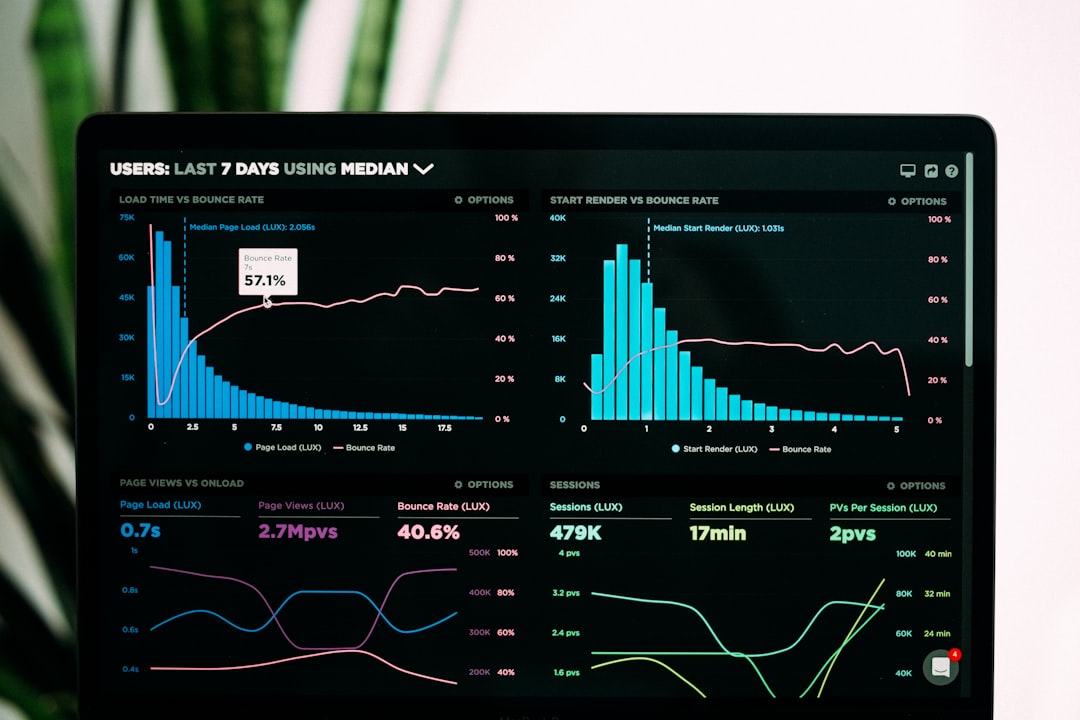The Divi theme by Elegant Themes is a powerful and versatile WordPress theme that gives website owners drag-and-drop design capabilities and robust customization options. However, while its aesthetic prowess is undeniable, optimizing a Divi-powered website for SEO requires deliberate steps. Like any other theme, Divi has its strengths and weaknesses when it comes to SEO. Knowing which elements to tweak can make the difference between a beautifully designed website and one that ranks high in search engines.
Understanding Divi’s Structure
Divi’s visual builder and modular design offer flexibility, but they also introduce challenges for SEO. For instance, excessive use of shortcodes, custom modules, and inline CSS can create bloated code that search engines struggle to parse efficiently. Furthermore, Divi uses different heading structures and content hierarchy, which may not always be SEO-friendly by default.
Essential SEO Tweaks for Divi
Below are the most important areas to focus on when optimizing a site built on the Divi theme:
1. Improve Page Speed
- Minify CSS and JavaScript: Use performance plugins like WP Rocket or Autoptimize to minify and combine CSS and JS files. Divi has its own performance enhancements, introduced in version 4.10+, so enable these in the Theme Options > Performance panel.
- Use Optimized Images: Large image files slow down websites. Compress them using tools like TinyPNG or ShortPixel.
- Lazy Load Content: Enable lazy loading for images and videos to reduce initial page load time.

2. Use Custom Heading Tags
Divi sometimes uses improper heading structures. Ensure you use the correct hierarchy of H1-H6 tags across your site. Headings should follow a logical structure to help both users and search engines navigate your content effectively.
- One H1 per page: Typically reserved for the page or post title.
- Subsequent headings (H2, H3, etc.): Used to break down content into digestible sections and subsections.
3. Set Up Meta Tags and Schema
Divi doesn’t come with built-in SEO meta tag capabilities, so it’s essential to pair it with an SEO plugin like Yoast SEO or Rank Math. These plugins provide options to manage titles, meta descriptions, and even schema markup.
- Define SEO Titles and Meta Descriptions: Customize for better search visibility.
- Implement Schema: Helps search engines better understand your content. Add structured data for articles, products, etc.
4. Customize the Canonical URLs
Duplicate content can confuse search engines. Use canonical tags to inform them of the preferred version of a page. Plugins like Yoast SEO allow easy setup for canonical tags. This is especially important when using Divi’s global modules or creating templates for dynamic content.
5. Optimize for Mobile Responsiveness
Divi layouts are responsive by default, but extra attention is needed to ensure mobile usability across all devices. Google prioritizes mobile-first indexing, meaning your mobile site version affects your ranking more than the desktop version.
- Use Divi’s responsive editing tools: Adjust padding, font size, and layout individually for desktop, tablet, and phone.
- Test using Google’s Mobile-Friendly Test: Ensure no clickable elements are too close and that text is readable.

Advanced SEO Tweaks for Divi
1. Clean Up Shortcode Bloating
Divi’s modules often insert shortcode-heavy markup, which can slow down page rendering and affect accessibility. While you can’t avoid shortcodes in Divi completely, minimize unnecessary modules and reuse global elements where possible.
2. Enable Open Graph and Twitter Card Data
Use an SEO plugin to add social metadata so content looks appealing when shared on social media platforms. This boosts CTR indirectly helping rankings.
3. Tweak the Footer and Header for Better SEO
- Minimize Unnecessary Links: Keep the footer clean; remove redundant pages and orphaned anchor links.
- Add Important Structured Data: Including local business info, breadcrumbs, or product details can enhance SERP appearance.
4. Improve Internal Linking Strategy
Use Divi’s text module to smartly interlink relevant content. Internal links distribute page authority and improve user flow, both of which impact SEO positively.
SEO Plugins Compatibility with Divi
Fortunately, Divi is compatible with major SEO tools:
- Yoast SEO: Offers in-depth analysis and on-page tweaks.
- Rank Math: Lightweight and includes schema markup, redirections, and 404 monitoring.
- SEOPress: A solid alternative with advanced features and WooCommerce support.
Tracking and Measuring SEO Performance
Use analytic tools to track the effectiveness of the changes you make:
- Google Analytics: Track visitor behavior and page performance.
- Google Search Console: Monitor index coverage, crawl issues, and keyword performance.
- Ahrefs/SEMrush: Analyze backlinks and competitor strategies.

Conclusion
While Divi offers an outstanding platform for building beautiful websites, its SEO performance depends on how well you tweak its default behaviors. Paying attention to technical optimization, heading structure, meta settings, and page speed will go a long way in unlocking its full SEO potential. Coupled with an SEO plugin and constant monitoring, a Divi-powered site can perform just as well—if not better—than other themes in search rankings.
Frequently Asked Questions
-
Q: Is Divi SEO-friendly out of the box?
A: Divi is fairly optimized but does require manual tweaks and optimizations to meet complete SEO needs. -
Q: Does Divi support schema markup?
A: Not by default. You need to use SEO plugins like Rank Math or Yoast SEO to add structured data. -
Q: How can I improve Divi site speed?
A: Minimize scripts, optimize images, enable Divi’s built-in performance settings, and use caching plugins. -
Q: Should I use a child theme with Divi?
A: Yes. Using a child theme allows you to make code-level SEO changes without losing them after an update. -
Q: Is it better to use Divi Builder or Gutenberg for SEO?
A: Gutenberg is lighter and cleaner in code, but Divi’s builder provides flexibility. With proper tweaking, Divi can match Gutenberg’s SEO capabilities.
